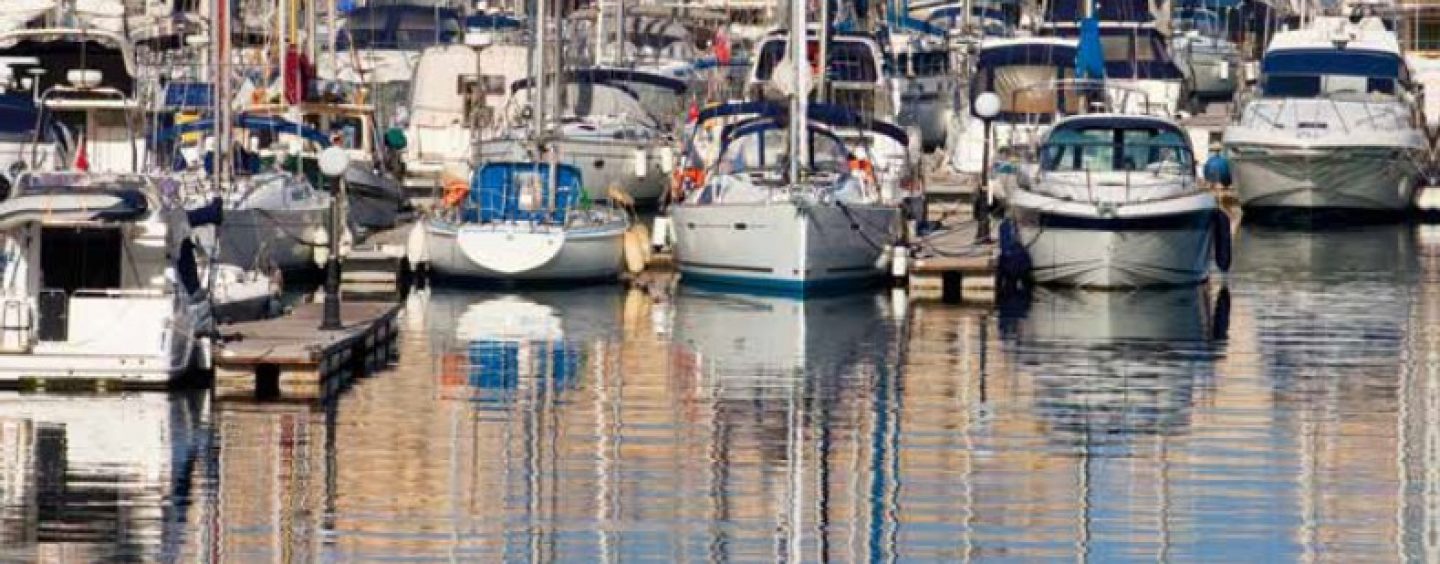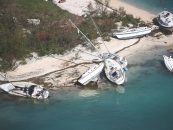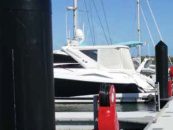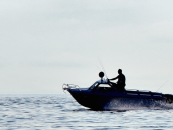By Ryan Norval Solicitor – Coxswain – O.I.M. & Barge Master
Good day, Captain. Let’s delve into the critical aspects of marina liability and compliance, particularly for your vessel operations in the marinas of Northern Queensland. This guidance aims to ensure your vessel’s safety and legal protection.
UNDERSTANDING LIABILITY IN MARINAS – Marina operators are legally obligated to maintain safe and well-kept facilities, necessitating regular inspections and repairs of docks, walkways, and other infrastructure.
Neglect in these duties can result in liability for accidents, as specified in the Civil Liability Act 2003 (Qld). For instance, a marina operator can be held liable when a dock collapses due to inadequate maintenance, causing third-party damage or personal injury.
As the skipper, ensuring your vessel’s seaworthiness and safe operation within the marina is your responsibility. Incidents like collisions during docking, environmental damage from fuel spills, or improper mooring can incur significant liabilities. The Transport Operations (Marine Pollution) Act 1995 (Qld) mandates strict compliance to prevent marine pollution, imposing severe penalties for violations. For example, a Queensland boater was fined for an oil spill that harmed marine life. Automated spill detection systems can help swiftly manage and report accidental discharges.
Contractors and service providers in marinas must adhere to safety standards to avoid causing damage or accidents, while all visitors and guests must act responsibly. The Work Health and Safety Act 2011 (Qld) enforces these obligations. For example, a contractor’s negligence with flammable materials may cause a fire, significantly damaging several vessels.
Ensure all third-party contractors have adequate liability insurance and clear contractual terms outlining safety responsibilities before engaging their services.
MOORING OUTSIDE MARINAS – When mooring outside marina confines, you must adhere to various legal and environmental obligations, including anchoring restrictions in sensitive ecological zones, such as coral reefs, with strict anchoring rules and heavy fines for violations. Another important consideration is properly discharging waste or pollutants in open waters, as legislated.
Use designated mooring buoys in sensitive areas to protect marine environments. Improper anchoring near the Great Barrier Reef may cause significant coral damage, leading to substantial fines for the vessel owner. Advanced anchoring systems with GPS technology can provide extra security and stability.
QUARANTINE AND BIOSECURITY – To protect Queensland’s marine environment: Hull Cleaning and Biofouling Management – The Biosecurity Act 2014 (Qld) regulates Biofouling, mainly for international or interstate ship movements. Recreational vessels are encouraged to manage Biofouling to prevent the spread of invasive species.
Ballast Water Management: Ballast water management regulations typically do not apply to recreational vessels. However, compliance is required for those recreational vessels with ballast tanks under the Biosecurity Act 2014 and some other related delegated legislation. Regularly schedule hull inspections and cleanings to ensure compliance and avoid Biofouling.
ENVIRONMENTAL ZONES AND PROTECTED AREAS – When navigating protected areas: Great Barrier Reef Marine Park: Obtain necessary permits for activities within the park.
Local Coastal Management Plans: Adhere to restrictions on anchoring and discharges. Queensland has eco-trails designed for boaters to minimise environmental impact while offering scenic coastal views.
ACTION POINTS WHEN AN ACCIDENT OR INCIDENT OCCURS INSIDE THE MARINA
Ensure Safety First: Secure the area to prevent further damage or injury. Provide first aid if necessary and contact emergency services immediately.
Report the Incident: Notify the marina management and relevant authorities as soon as possible. Complete any required incident reports accurately and thoroughly.
Document Everything: Take photos and videos of the scene, including any damage to vessels and infrastructure. Gather contact information and statements from witnesses.
Contact Your Insurer: Inform your insurance provider about the incident and provide all necessary documentation. Follow your insurer’s instructions when filing a claim.
Seek Legal Advice: Consult with a maritime lawyer to understand your rights and obligations. Consulting with a maritime lawyer before making official statements ensures you are informed about the legal landscape and can make decisions based on sound legal advice.
Prevent Future Incidents: Review and improve safety measures and protocols to prevent similar incidents. Conduct regular training and drills for crew and staff on emergency response procedures.
Record Drills in Logbooks: Ensure crew and personnel are familiar with and well-drilled in managing emergencies. Record these drills in logbooks to evidence proper understanding and compliance. When an incident occurs, one of the first places investigated is whether there is a record of the crew having been exposed to emergency drills in this area.
Some common considerations include: Fire onboard, man overboard, medical emergencies, flooding/water ingress, engine failure, collision/grounding, severe weather conditions, sails or rigging failure, electrical failure, abandon ship scenarios, intrusion by unauthorised individuals, skipper becomes disabled, practical radio operation for non-radio-qualified crew. Regular drills and preparedness can significantly mitigate the risks associated with these emergencies.
CONCLUSION – Understanding your obligations and liabilities within marinas is crucial for a skipper. Recognising your responsibilities, maintaining proper insurance, and adhering to safety and environmental regulations can significantly mitigate risks. Whether docking at a bustling marina or mooring in a secluded cove, staying informed and prepared is your best course of action. Pacific Maritime Lawyers are well-placed to advise and act in maritime law matters.
Following these guidelines allows you to navigate Northern Queensland’s waters safely and legally. Safe travels!
Capt. John Kavanagh (Principal Lawyer – Master Mariner)
Ph: 0481 170 373 john@pacificmaritimelawyers.com.au
Published in print August-December 2024































